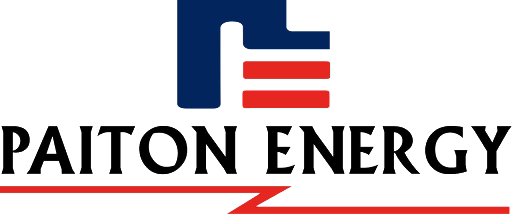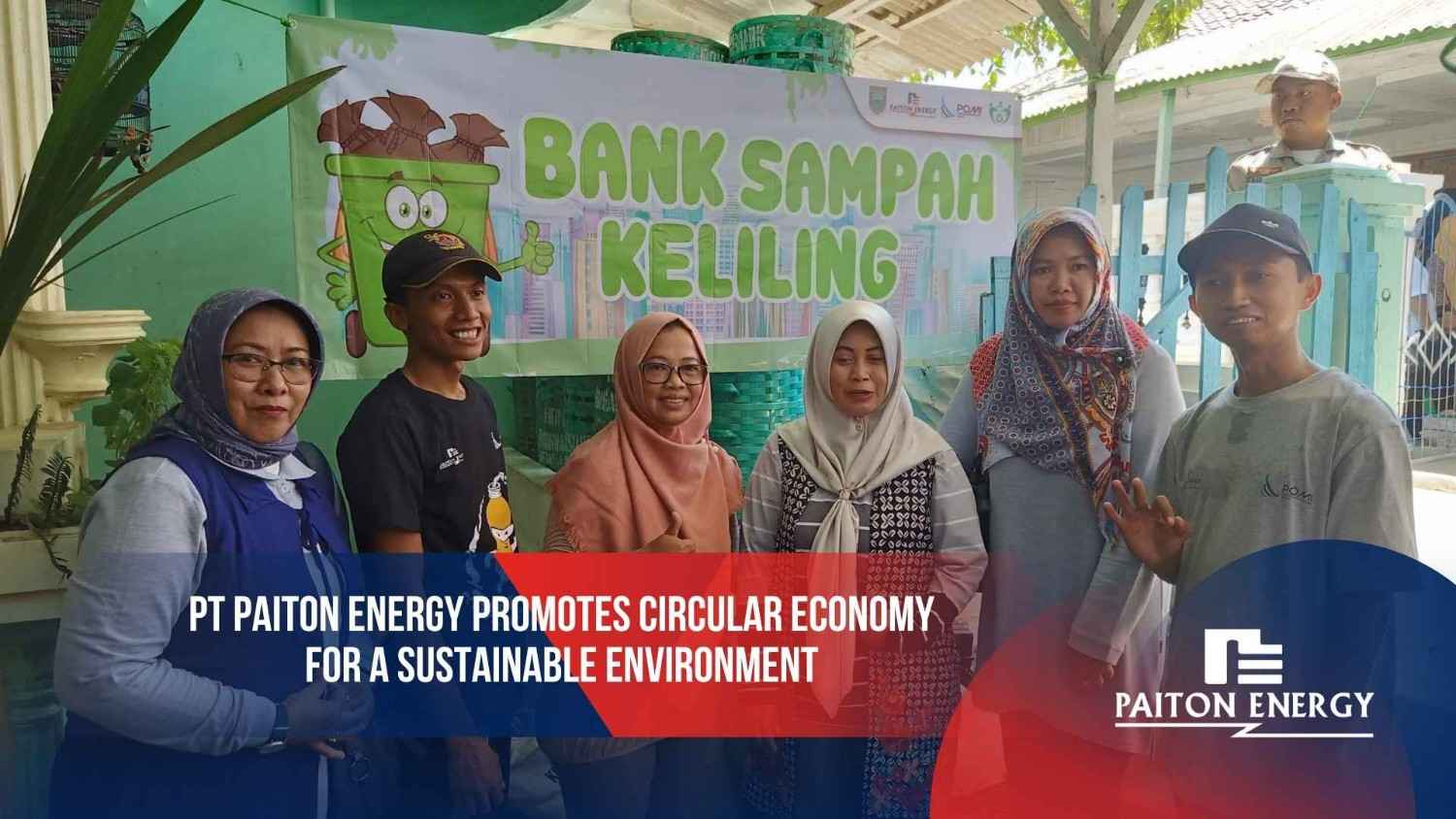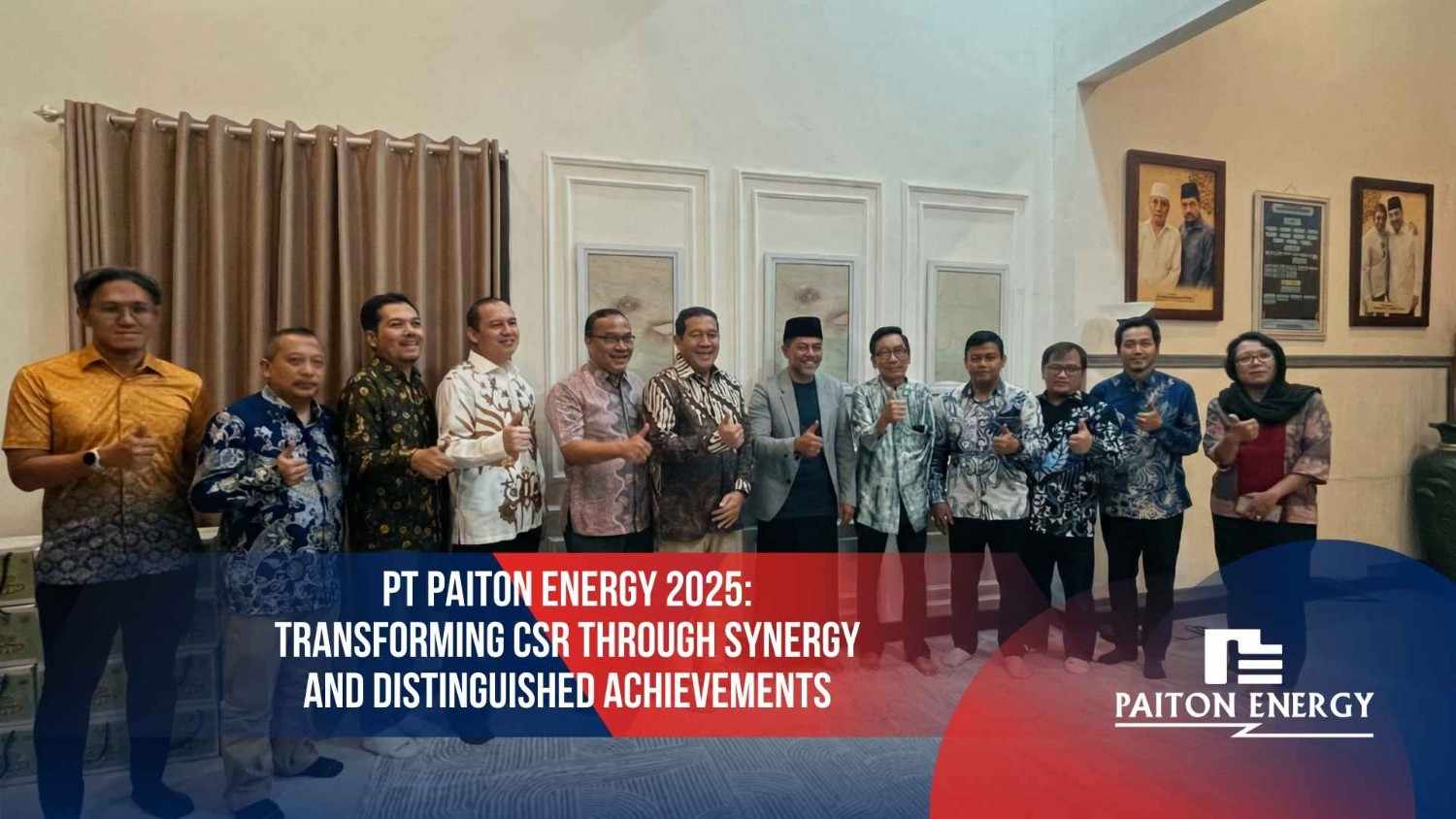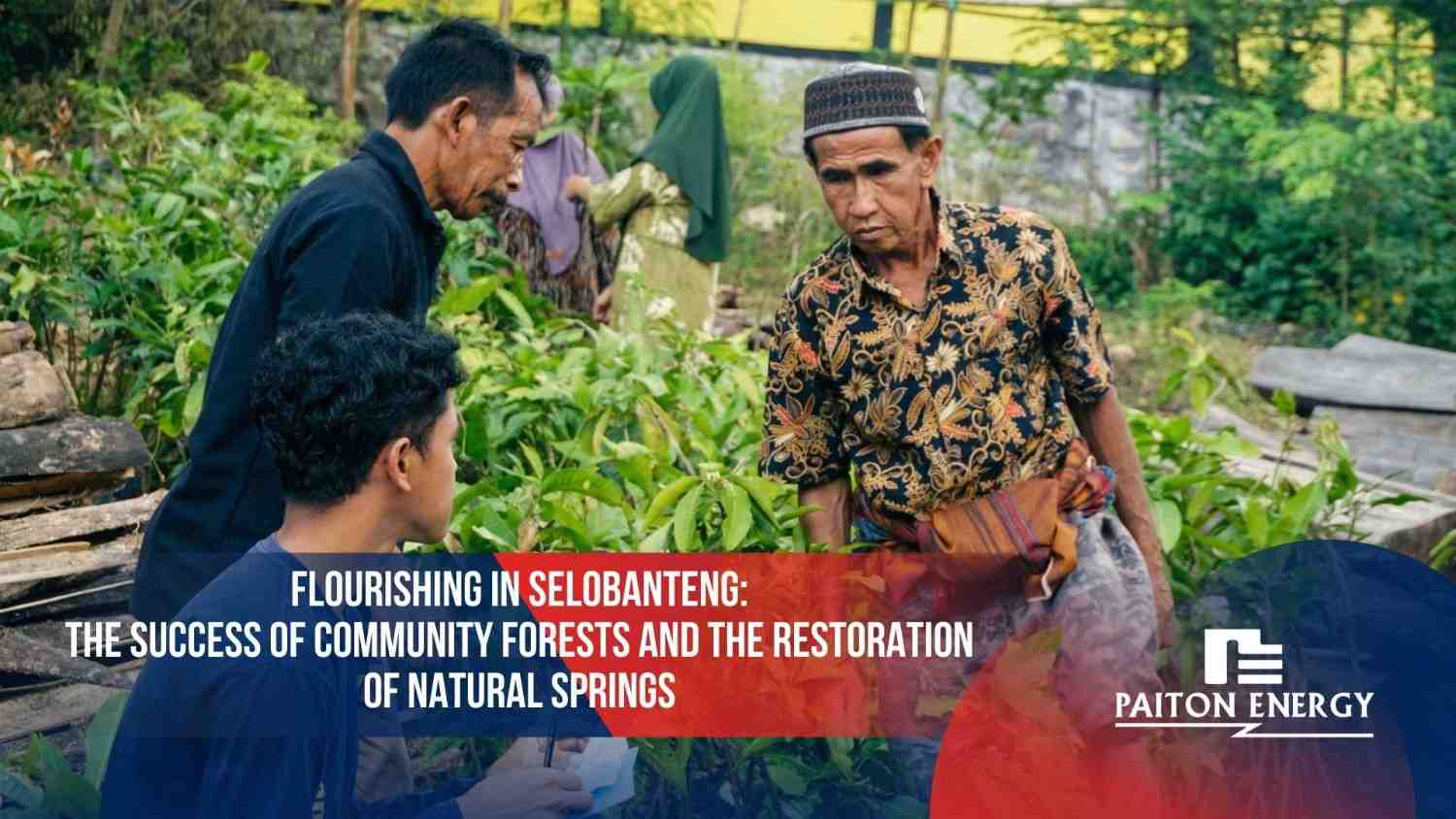Every day, we consume countless products—from packaged food and plastic bottles to electronic devices. Unfortunately, most of these items are discarded after a single use. This consumption pattern reflects the linear economic system of “take–make–dispose,” which results in growing waste accumulation and depletion of natural resources.
To address these challenges, a new concept known as the circular economy has emerged. The circular economy is an economic model that strives to keep materials and products in use for as long as possible, while reducing waste and minimizing environmental harm.
Circular Economy: A New Model for Sustainable Growth
The circular economy has gained increasing attention in the context of sustainable development. At its core, it seeks to extend the lifecycle of products, raw materials, and resources so they can remain useful for as long as possible.
Its key principles are to reduce waste and pollution, maintain the value of products and materials, and regenerate natural systems. Unlike the traditional linear model of “take–make–dispose,” the circular economy encourages practices such as reuse, repair, recycling, and recovery.
These approaches lead to more efficient resource use, significant waste reduction, and greater environmental preservation.
Circular Economy in National Development
In Indonesia, the circular economy has been integrated into government strategies through the National Medium-Term Development Plan (RPJMN) 2020–2024. The focus areas include waste management, the development of sustainable energy, and the adoption of green industry practices—all aimed at supporting low-carbon growth and building an inclusive green economy.
This concept is particularly relevant for Indonesia’s environmental challenges, especially in managing plastic waste, organic waste, and energy consumption. By implementing circular economy principles, Indonesia seeks to minimize reliance on the exploitation of new natural resources while enhancing environmental resilience.
The 5R Principles of Circular Economy
The application of circular economy can be illustrated through the 5R principles:
- Reduce: Limiting the use of new materials that generate waste.
- Reuse: Repurposing products or packaging to extend their lifecycle.
- Recycle: Transforming waste into new, valuable materials.
- Recovery: Extracting value from waste that is otherwise difficult to process.
- Repair: Extending product lifespan by fixing instead of discarding.
Through these principles, the circular economy helps minimize waste generation while promoting more responsible consumption and production patterns.
The Role of Business in Supporting the Circular Economy
Businesses play a vital role in advancing the circular economy, particularly through Corporate Social Responsibility (CSR) programs. Companies can contribute by providing education, implementing integrated waste management, and empowering communities with circular economy-based initiatives.
Corporate involvement also helps shift public attitudes toward greater environmental responsibility. Without active participation from the government, the private sector, and communities, circular economy adoption cannot be fully realized.
PT Paiton Energy’s CSR and Commitment to the Circular Economy
PT Paiton Energy exemplifies corporate commitment to the circular economy through a wide range of CSR initiatives that encourage communities to adopt responsible waste management practices.
Key initiatives include:
- Waste Banks: These not only reduce waste accumulation but also provide additional income for communities through the sale of sorted waste. Innovations such as ecobricks and Refuse-Derived Fuel (RDF) further strengthen the circular economy while creating new economic opportunities.
- Ecobrick Campaign: Non-recyclable plastics are compacted into bottles to create “eco-friendly bricks,” which can be used in simple construction projects.
- Eco-Enzyme and Compost Training: Household organic waste such as food scraps and fruit peels are processed into eco-enzyme, a natural solution with multiple uses ranging from cleaning to agriculture. Communities also learn to produce compost to enrich soil.
- Crafts from Non-Organic Waste: Materials such as plastics, paper, and textiles are transformed into handicrafts with market value, opening new business opportunities for local residents.
These programs not only focus on waste reduction but also create economic value from waste, delivering dual benefits: a cleaner environment and new sources of income.
Positive Impacts of PT Paiton Energy’s CSR
Through its CSR initiatives, PT Paiton Energy has contributed to climate change mitigation, plastic waste reduction, and greater public awareness of the circular economy. The company’s efforts were recognized with the Indonesia Green Award 2021 in the plastic waste management category.
Beyond environmental benefits, these programs have also strengthened the socio-economic resilience of local communities. By equipping people with new skills in waste management, communities gain alternative income opportunities and improved well-being.
Circular Economy and a Sustainable Future
Ultimately, the circular economy is more than just waste reduction—it represents a comprehensive approach to creating longer, more efficient, and environmentally friendly product lifecycles. By embracing these principles, we can ensure that products and materials remain in circulation rather than ending up in landfills.
PT Paiton Energy, through its CSR programs, demonstrates that the circular economy is not solely the responsibility of governments. Businesses and communities alike can play an active role in integrated waste management, public education, and local economic empowerment.
With sustained commitment from all stakeholders, the circular economy offers a pathway toward a greener, fairer, and more resilient future.




